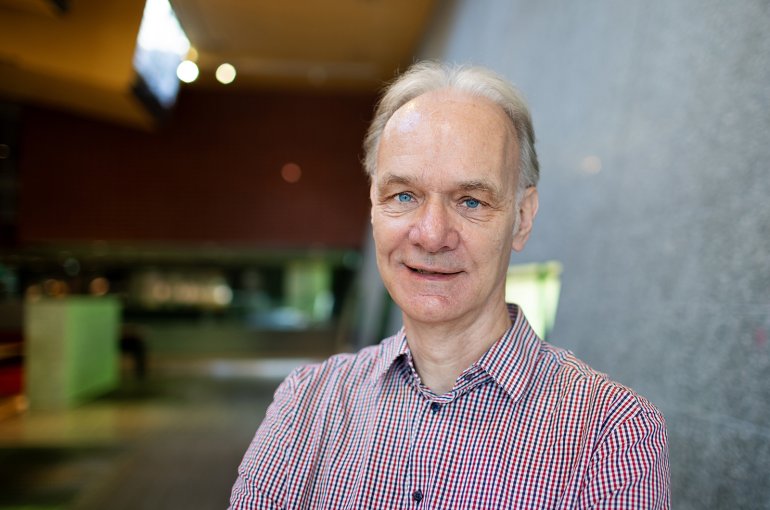Henry Prakken appointed as Professor of AI & Law
'AI can support judges in their decisions but not replace them'

Henry Prakken has been appointed as a professor of AI & Law at the Faculty of Science at the University of Utrecht, starting from September 15th. In his research and teaching, Prakken focuses on ways in which AI technologies can support various professionals, including judges, lawyers, prosecutors, as well as crime investigators and citizens. The ultimate goal is to create an efficient and transparent legal system.
The use of AI techniques in the field of law has been on the rise, with algorithms attempting to detect fraud and predict criminal activities or judicial rulings. One common issue with many of these algorithms, as Prakken points out, is that they function as black boxes. He states: “An algorithm that predicts a certain outcome but does not provide insights into the legal reasoning behind that prediction is of no use to a judge. I am interested in how we can design algorithms in a way that aligns with legal requirements regarding explainability.”
In his research, Prakken focuses on techniques such as machine learning, language technology, and argumentation technology. He uses these techniques, for example, to search for cases within the data used to train the algorithm that have a similar outcome. The algorithm can then explain that the prediction is based on the fact that previous cases with similar characteristics had the same outcomes. “For this purpose, we use models from legal philosophy that deal with precedent-based reasoning: how do legal professionals handle decisions from previous cases?”
Trust in the judicial system
According to Prakken, this research is essential to maintain trust in the judicial system and in crime investigations. It also serves to temper unrealistic notions about such developments. “These algorithms are not a precursor to some sort of robot judge. The final decision remains with the judge, who strives to make a judgment based on sound legal grounds and input from involved parties; AI can support judges in their decisions but not replace them.”
I want to know how we can design algorithms in a way that aligns with legal requirements regarding explainability
Prakken is no stranger to the University of Utrecht; he has been a lecturer and researcher at the Department of Information & Computing Sciences for 25 years and mentors doctoral students conducting research at the intersection of law and AI, including at the National Police Lab AI. “The beauty of that Lab is that we conduct interdisciplinary research there, which I think is also the strength of our university. We are integrated into the Department of Computer Science where expertise in AI, machine learning, and natural language processing is significant, and there are also various connections with other faculties. My goal is that, when I unfortunately retire in a few years, we will have firmly established Utrecht's research in the field of AI & Law.”
A pioneer
Pınar Yolum, professor of Trustworthy AI and chair of the appointment committee, is pleased with Prakken's appointment. She says: “Over the past years, he has advanced both the theoretical and experimental knowledge of this field. His knowledge of developing computer models to analyze legal documents is incredibly extensive, and he has successfully implemented such models in law enforcement. He is truly a pioneer in this field.”

